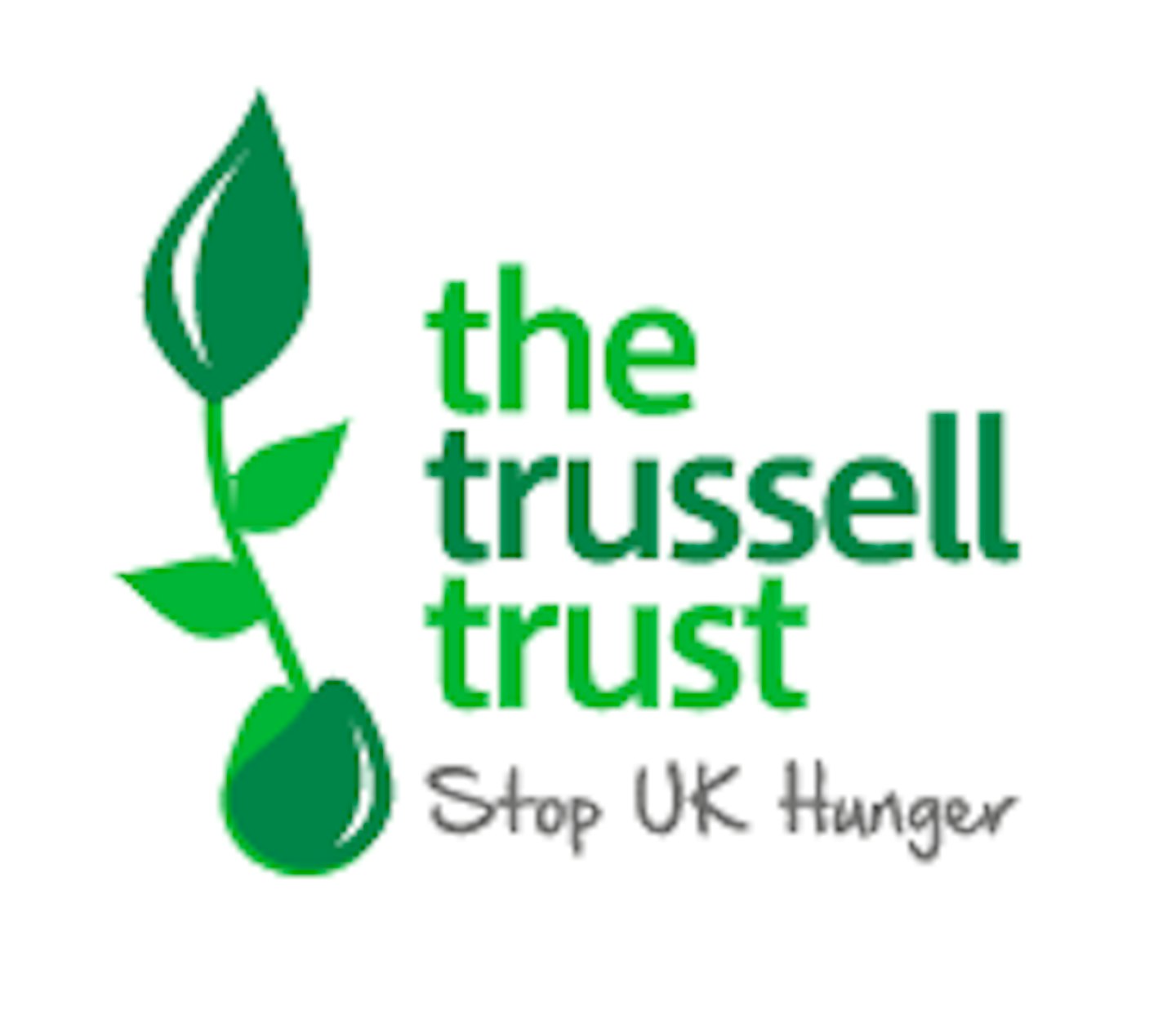Last night, Twitter was awash with debate around the MP vote on free school meals. Hashtags like #ToryScum trended, with Angela Raynor forced to apologise for repeating the insult in the House of Commons. Her statement was then used to cloud over the fact that 322 Tory MPs had voted against extending free school meals to hungry children, with footballer Marcus Rashford tweeting a powerful statement hoping to get people to refocus on the issue at hand: 1.4million children will now go hungry thanks to the Conservative government.
With all the chaos and ensuing debate, people have a lot of questions. And as the story rages on, with conservative MP Caroline Ansell quitting her government job this morning after voting for the extension of free school meals, there is so much information it’s hard to find answers to the vital questions people have. Here, we’ve attempted to silence the noise and answer all of the queries you’re so hastily googling…
What was the MP vote on?
The Labour party introduced a motion to extend the current provision of free school meals throughout school holidays until Easter 2021, because of the devastating impact of coronavirus on the economy and millions of families. It would have provided 1.4million children currently experiencing food insecurity with hot food, after surveys showed the vulnerable children were living in fear of going hungry over the October half-term.
The government then voted on whether the motion would pass in the House of Commons last night, where it was defeated by 322 against to 261 for. Of the 322, 318 MPs who voted against the bill were from the Conservative party, with The Independent reporting that Boris Johnson had ‘whipped Tory MPs to vote against the plan’ because he believes it not the job of schools to ‘regularly provide food during the school holidays’.
Who voted against free school meals?
After the vote, #ToryScum began trending on Twitter as people lamented the fact so many Tory MPs – who often claim back their food and drink on expenses, who all just took home a pay rise of £3,000 - could allow more than a million children in the UK to go hungry. In response, The Daily Mirror printed a front page naming every single Tory MP who voted against the bill, written among the headline ‘So Cruel’.
MPs such as Nadine Dorries, Iain Duncan Smith, Damian Green, Theresa May, Penny Mordaunt and of course, Boris Johnson were among the MPs who voted for children to go hungry.
How do I find out how my MP voted on free school meals?
If you want to find out how your MP voted on free school meals specifically, you can check TheyWorkForYou. If you follow think link it will take you to the vote on free school meals where you can input your postcode to see how your MP voted. You can then use WriteToThem for an easy, efficient letter-writing service if you want to ask your MP why they voted a certain way or express your disapproval of their representation of your constituency.
Why was #ToryScum trending?
As you can imagine, this made a lot of people rightly angry, with #ToryScum trending soon after the vote was made public. It came after Labour MP Angela Raynor was overheard saying ‘scum’ during a speech by Tory MP Chris Clarkson who criticised Greater Manchester’s metro Mayor Andy Burnham and accused the Labour party of ‘opportunism’. She was reprimanded at the time and has since apologised publicly. However, her insult seemed to overshadow the distressing tory vote news, with some on Twitter pointing to the fact BBC News at 10pm chose to cover that story over the MP vote.
Tory MPs also took issue with the trending hashtag, attempting to defend their position to let vulnerable children go hungry.
But in any attempt to defend themselves, the MPs seem to miss the point. They place blame on parents and imply offering free school meals outside of school time will encourage dependency. But what they're missing, apart from some humanity, is just how easy it is to enter into poverty at any time, it's not a case of parents not working hard enough or becoming 'lazy' if they're shown an ounce of kindness.
‘If the pandemic has taught us anything it's that life is unpredictable and that anyone can lose income unexpectedly,’ Louisa McGeehan Policy Director at Child Poverty Action Group told Grazia. ‘Obviously no one could have planned financially with foresight of Covid-19 - no one could have seen it coming - yet tens of thousands of families grappling with the economic fallout from the disease are struggling to cover children's basics and pay the bills even though before Covid-19 covering costs wasn't a problem for them.’
The pandemic has revealed that hardship can happen to anyone.
'Poverty is caused by a number of factors, largely to do with work - low pay, zero hour contracts, unreliable working hours, the lack of good quality childcare,’ she continued. ‘We don't do enough to support low paid working parents and now they'll be worst hit by the Covid-19 pandemic. More than 70% of children growing up in poverty have a parent who works.’
The pandemic then has revealed not only that hardship can happen to anyone, but how flawed the system to helping those who experience it is.
‘Social security support has been cut or frozen for years - child benefit alone lost £5 in value since 2010 - so the budgets of low-income families have been pared away as wages have stagnated, housing and childcare costs have risen and work has become increasingly insecure,' McGeehan explains.
‘And the two child limit on benefits has caused huge hardship in families affected. Because of the policy around 60,000 families who have had to claim universal credit for the first time because of Covid-19 are discovering that there is no support for their third or subsequent child if they were born after April 2017 yet those are parents who had a third or subsequent child in better times.’
It's with that in mind that many feel, anyone who votes against children receiving free school meals cannot possibly understand the people they represent as so many of us could so easily find ourselves in this difficulty at any time.
What is the cost of free school meals?
One of the major talking points of the vote was, of course, the cost. According to MP Nadia Whittome, Rishi Sunak spent £500m on the ‘Eat out to help out’ scheme over summer. The cost of providing free school meals for a week is £20m, which would amount to £60m over the course of the October half term and Christmas holidays. At just over 10% of the price of the eat out to help out scheme, 1.4million children wouldn’t go hungry over the school breaks. ‘There is money for half-price Nando's but there's no money to feed children?’, Whittome asked on Twitter.
So, what’s happening with free school meals now?
The latest news is bleak. The tory vote means that 1.4million children will not be able to access free school meals over the holidays. At a time when millions more families face economic uncertainty.
However, food poverty ambassador Marcus Rashford has been vocal about steps moving forward, and has invited number 10 to sit down with the Child Food Poverty Taskforce he is part of to collaborate on policies approved by government-commissioned research.
What was Marcus Rashford’s tweet about?
He went on to give an impassioned plea to people to support children in need over the holidays in a tweet that has since gone viral. With people clambering to show support and understand what they can do to help, his words have proven powerful at a time when the public mood demonstrates a shared feeling of helplessness. Click here to read more about it.
What is the petition Marcus Rashford is pushing for?
As part of his work, Rashford is also petitioning the government to ‘implement three recommendations from the National Food Strategy to expand access to Free School Meals, provide meals and activities during holidays to stop holiday hunger, and increase the value of and expand the Healthy Start scheme.’
These are all policy recommendations from the taskforce he is a part of, which based their ideas on research commissioned by the very government now choosing to ignore the findings. With over 330,000 signatures, parliament will be forced to consider it for a debate but Rashford continues to inspire more to sign.
Here you can sign his petition and find more ways to help…
Ways To Help End Food Poverty UK - Grazia
 1 of 3
1 of 3Help out FareShare
A charity Marcus Rashford is ambassador for, FareShare redistributes surplus food to charities that turn it into meals. You don't just have to donate, you can also volunteer your time to help them too.
 2 of 3
2 of 3Write to your MP
You don't just have to donate money, writing to your MP to ask what they are doing about food hunger is just as important. If your MP voted against extended free school meals, you're more than entitled to ask why and express your anger as a constituent they represent. WriteToThem makes this process easier than ever, simply type in your postcode to find your MP and you'll be met with every elected representative responsible for your area. Simply find your MP, click their name and you'll be directed to a form where you can write whatever you choose to your MP. Your taxes pay their salaries, your votes keep them in or out of office, you deserve to express your voice in how they represent you.
 3 of 3
3 of 3The Trussel Trust
Just like FareShare, the UK's leading food hunger charity the Trussell Trust need more than just donations. Check out their 'ways to give' and 'volunteer' pages to see all the ways you can help them end food hunger.
